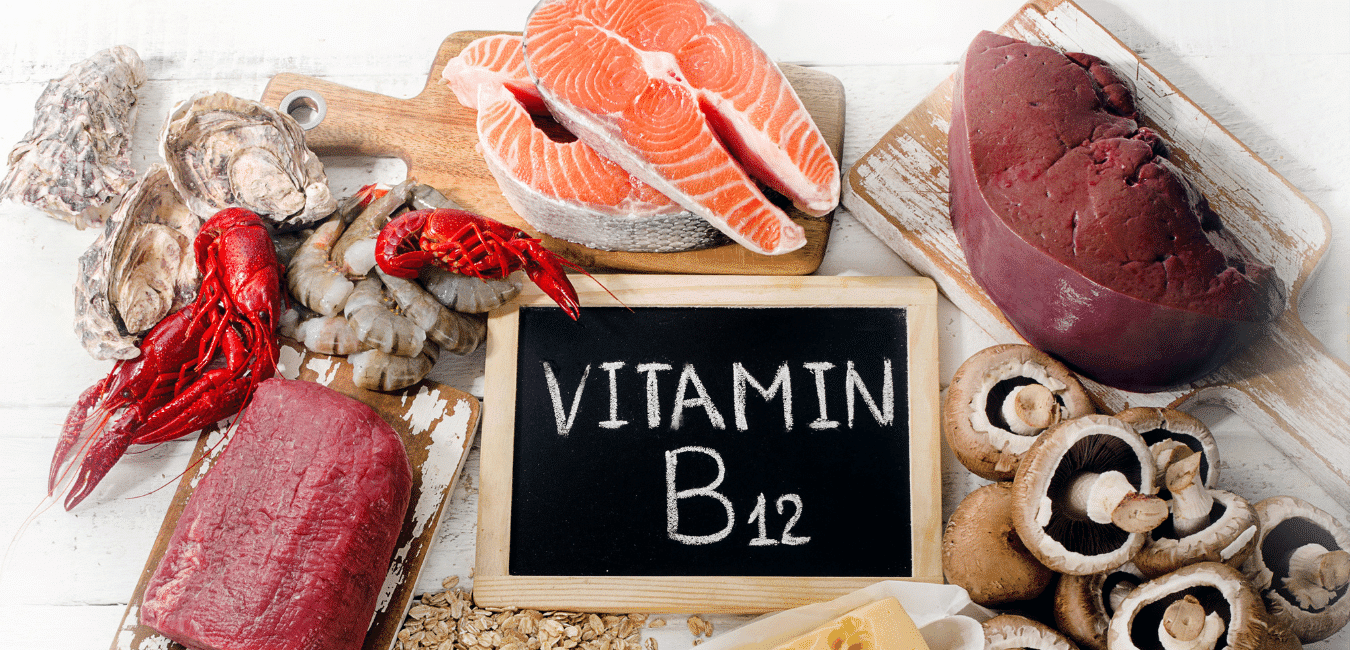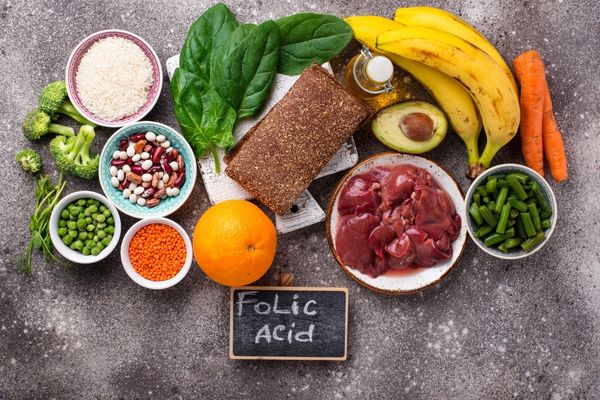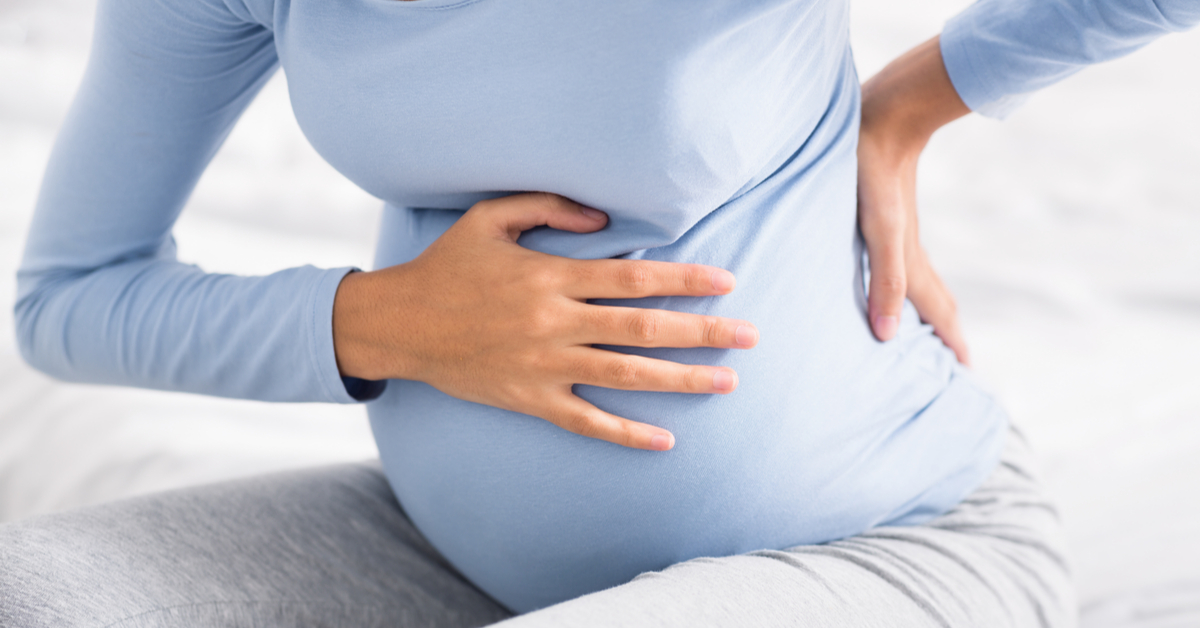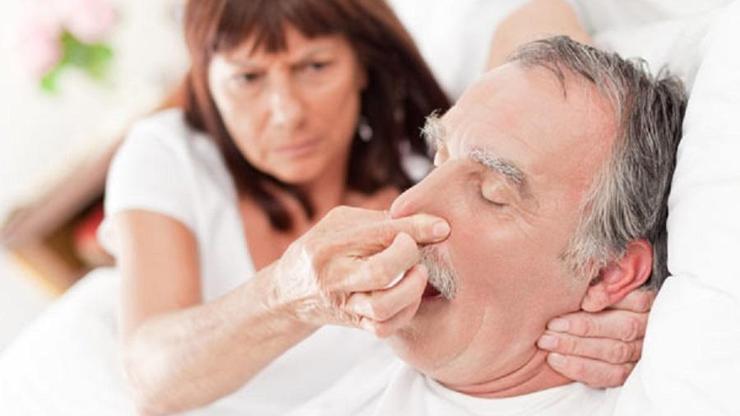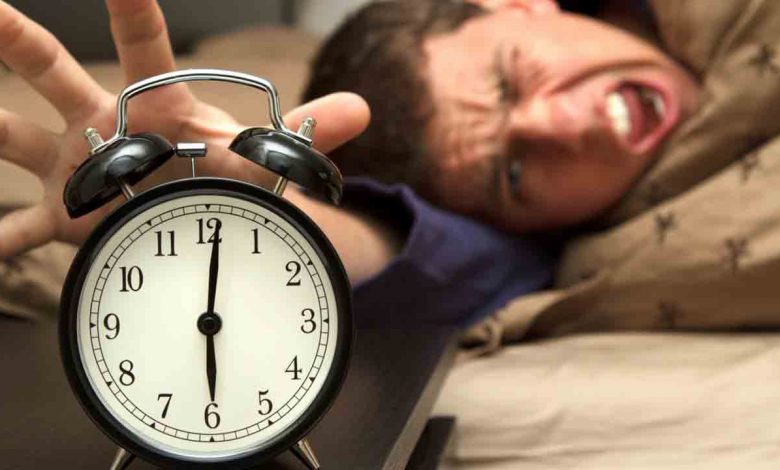Why Do We Feel Sleepy After Eating? Understanding Post-Meal Fatigue
Feeling drowsy after meals? Learn the causes of post-meal sleepiness, including blood sugar spikes, hormonal effects, food types, and health conditions.

Why Do We Feel Sleepy After Eating?
Digestion and Blood Sugar Levels
-
Digestion Requires Energy: After eating, the body uses energy to digest food. This is more demanding if the meal is rich in fats and heavy ingredients.
-
Blood Sugar Fluctuations: High-carb or sugary foods can cause a spike in blood glucose followed by a crash, leading to fatigue and drowsiness.
The Role of Hormones
-
Insulin: This hormone helps transport glucose into cells. Excess insulin can cause a rapid drop in blood sugar, triggering tiredness.
-
Serotonin and Melatonin: Carbohydrates increase the production of these hormones, which play roles in relaxation and sleep regulation.
Meal Size and Timing
-
Large Portions: Consuming too much food puts extra strain on the digestive system, which may lead to tiredness.
-
Late Meals: Eating late at night disrupts the body's natural rhythm and increases sleepiness.
Foods That Can Make You Sleepy
-
Carbohydrates: Bread, pasta, rice
-
Sugary Foods: Cakes, pastries, desserts
-
Fatty Foods: Fried items, fast food
-
Tryptophan-Rich Foods: Turkey, chicken, milk, dairy products
Foods That Prevent Sleepiness
-
Proteins: Eggs, meat, fish
-
Fiber-Rich Foods: Vegetables, fruits, whole grains
-
Healthy Fats: Avocado, olive oil, nuts
What Medical Conditions Could Be Involved?
-
Diabetes: Blood sugar instability
-
Hypoglycemia: Low blood sugar levels
-
Thyroid Disorders: Like hypothyroidism
-
Digestive Issues: Reflux, gastritis
Recommendations
-
Eat a balanced mix of carbs, proteins, and fats.
-
Prefer smaller portion sizes.
-
Avoid late-night meals; eat dinner at least 3 hours before bedtime.
-
Drink enough water before and after meals.
If drowsiness after eating persists, it’s advisable to consult a healthcare professional.

 Admin
Admin 








